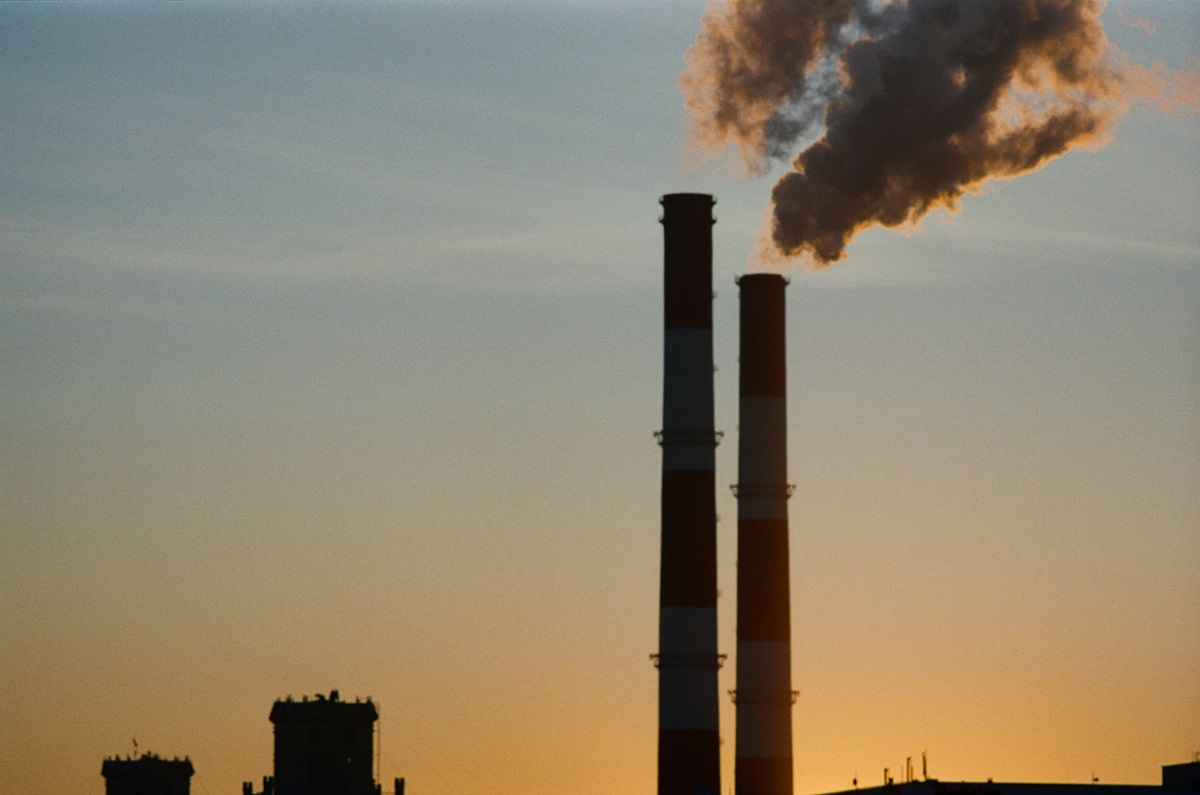Moscow's brake on climate change policies
Clean' energy in Russia remains just over 30%, and entire sectors such as automotive and heating still run exclusively on fossil fuels. Mind you, with the invasion of Ukraine, hopes of seeing Moscow as a major contributor to the Carbon Border Adjustment Mechanism have faded.
Moscow (AsiaNews) - Russia took an active part in the Cop29 climate summit in Baku. Although the Russian elites have a rather sceptical attitude on climate change issues and have no plans to reduce greenhouse gas emissions, they nevertheless tried to ‘take control of what cannot be defeated’.
By getting involved in climate issues, the Russians are trying to delay the global energy transition as much as possible, and gather around themselves all the other countries that share Russian scepticism, as expert Tatiana Lanšina tries to explain in The Insider.
Russians are historically opposed to climate change warnings, and consider the reduction of greenhouse gases a serious threat to their economy. President Vladimir Putin has repeatedly spoken out against the theory of the anthropological factor as the cause of ecological crises, especially the burning of fossil materials. He also believes that global warming is very convenient for Russia, opening up more transport space through the Northern Maritime Corridor for melting Arctic ice, and most Russians support the leader's views.
Prior to Russia's invasion of Ukraine, it was hoped that Russia would become actively involved in the global fight against climate change by becoming one of the largest financiers of the Cbam-Carbon Border Adjustment Mechanism, the international carbon tax that the EU has since 2023 started to apply to reduce emissions in countries with the lowest ecological standards. Moreover, foreign investors were looking with great interest at business with Russian green raw materials and green electricity companies, trying in various ways to push Russia towards de-carbonisation as well.
Since the end of February 2022, with the war in Ukraine, the Cbam has lost relevance for Russian exports due to Western sanctions that completely changed the framework of Russia's trade relations with foreign countries and blocked any possible investment in Russia by Western companies. The confrontation with the West has further concentrated the countries less willing to reduce carbon dioxide emissions around Russia; indeed, Russia tends to use international forums and gatherings to increase consensus for its policies in this area.
Russia's leadership tries to propagate the theory that Moscow's energy policy is ‘the purest’, despite the evidence of the very high percentages of polluting waste produced, 75 per cent of greenhouse gases and 90 per cent of carbon dioxide as key elements of its economy.
On the other hand, Prime Minister Mikhail Mišustin argued in his speech in Baku that 85% of Russia's energy balance is based on the generation of low-polluting gas and atomic energy, in addition to renewables, while carbonate emissions would remain at a level of 17.9% compared to the world average of 35.5%.
While atomic and hydroelectric power plants do not actually disperse CO2 into the atmosphere, in reality 45% of energy production is based on natural gas.
The reality is that ‘clean’ energy in Russia remains at just over 30%, compared to 42% worldwide, and entire sectors such as automotive and heating operate exclusively on fuels from extractive materials.
Russia's energy policy has always been very much against solar and wind energy sources, and Putin has often stated that ‘wind turbines kill birds and scare worms away’, and to produce enough energy it would be necessary to cover the whole earth with solar blades and panels.
At the previous summit in Dubai, Russia had already presented the ‘Pleistocene Park’ model, proposing to create an ecosystem in the Arctic similar to the time of the mammoths, financed by Russian oligarchs. Ecological purity, in short, for Russia involves a return to prehistory.
07/02/2019 17:28
11/08/2017 20:05







.png)










